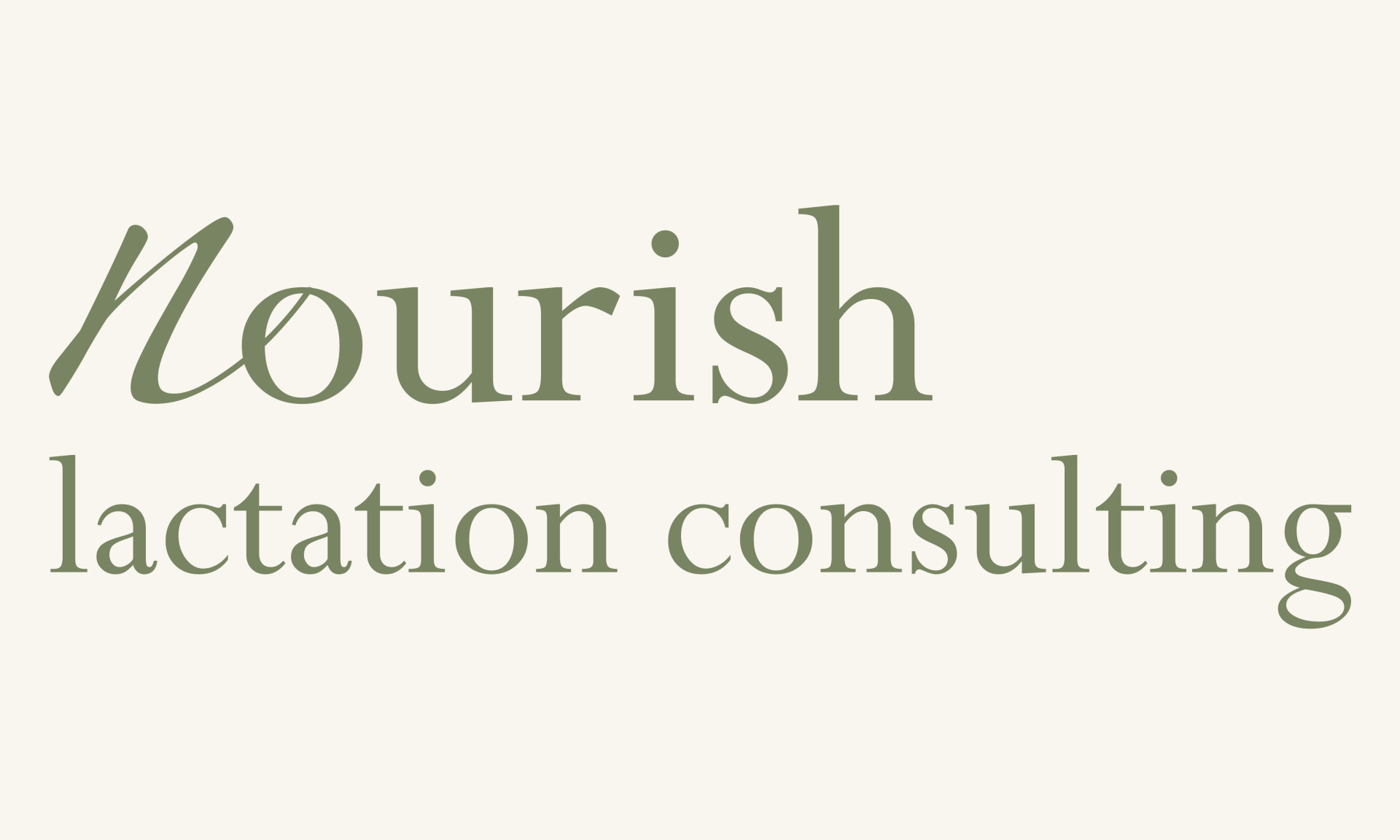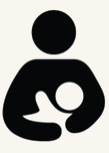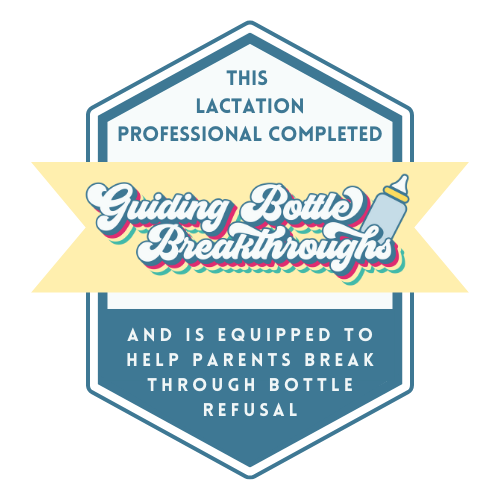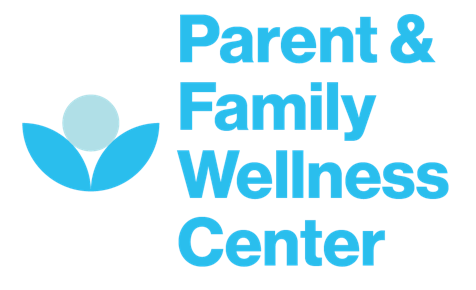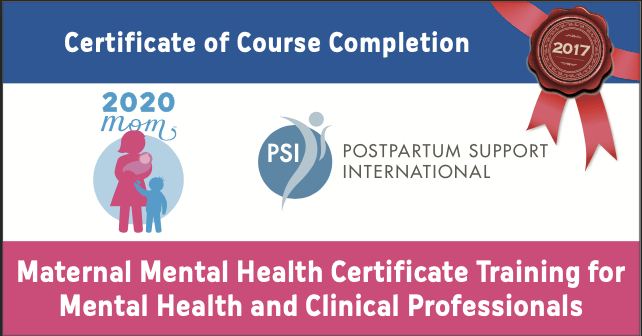Lactation Specialties
I would love to offer you lactation support in a variety of areas, described below.
Pain
Is everyone crying while breastfeeding? Believe it or not, breastfeeding should not hurt. Breastfeeding should feel like a sensation – like tugging. Your nipples should not crack, bleed, or be compressed. You shouldn't have to grit your teeth, curl your toes, or count the seconds while feeding. Your breasts should not hurt – whether due to engorgement, clogged ducts, or mastitis. As well, your back, neck and shoulders shouldn't hurt either. Let's figure out why you're having pain and make you more comfortable.
Latch
Breastfeeding should feel comfortable and your baby should be getting enough milk at breast to grow appropriately. If you are not comfortable, and/or your baby isn't getting enough milk, don't listen if someone tells you that "the latch looks great!" We can improve your baby's latch and your positioning. As well, if you feel like there are so many steps, so many things to think about, let's simplify it for you.
Milk production / baby's weight gain
Don't you wish that your boobs could tell you exactly how much milk is in them? So many mothers wish they knew how much milk their babies get during a breastfeed. We can figure out if your baby is getting the right amount. If they need a little more, we can talk about ways to get them more and, if it's a factor, for you to increase your milk production. And if they are getting more than enough, we can discuss how to bring your production down.
Tongue and/or lip tie
Often a mother will post pictures of her baby's mouth and ask other moms to evaluate the baby for tongue and lip tie. What really matters is baby's function - how a baby uses their mouth while feeding. I can evaluate their function and offer ideas to help them use their mouth better, including suggesting personalized exercises. As well, in the case of a suspected tongue or lip tie, we can discuss next steps, including what to expect and figuring out the right timing.
Additional Issues
Pumping more efficiently
Ending triple feeds
Avoiding nipple confusion
Bottle refusal/bottle feeding to support breastfeeding
Returning to work
Clogged ducts and mastitis
Thrush
Engorgement
Breastfeeding with flat or inverted nipples
Breastfeeding after breast reduction or augmentation
Baby born early
Twins
Fussy/colicky baby
Baby feeds frequently
Medical issues/medications
Chestfeeding
Refluxy baby
Food allergies
Nursing strike
Relactation/inducing lactation
Transition to solid foods
Let's Meet
The first step to lactation success is to reach out for support. Let's find a time where we can meet to help you reach your goals.
